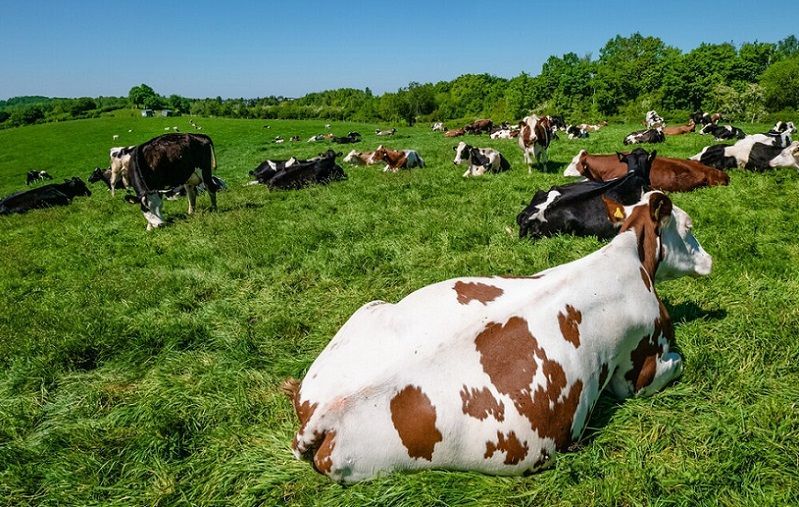US Dairy Industry Faces Lowest Replacement Herd Since 1978

Recently reported data indicates that the US dairy industry is currently experiencing the lowest replacement herd numbers in over four decades. This marked decline stems largely from the ongoing beef-on-dairy strategy, which has inadvertently diluted the heifer supply.
Impact on Milk Production
The tight inventory of heifers is a growing concern for the dairy industry's milk production capabilities. With fewer replacements available, the growth of milk production is anticipated to be constrained in the forthcoming year. Monica Ganley, an analyst with the Daily Dairy Report, highlighted that the lack of replacements along with an ongoing avian influenza threat are complicating efforts to expand milk production at a time when demand is high.
Challenges and Economic Implications
The USDA recently adjusted its figures to show how severe the current situation is, revealing that the number of heifers expected to calve has decreased by 0.4% compared to early 2024. This further exacerbates concerns, as dairy producers are keen to expand, encouraged by the current market's strong producer margins. However, the shortage in heifer supply has been a significant impediment.
The beef-on-dairy strategy, driven by high beef prices and the demand for crossbred calves, is another factor limiting heifer availability. According to reports, beef prices are likely to remain high due to the slow pace of rebuilding the beef herd.
Broader Consequences
Besides affecting herd sizes, the situation has broader economic implications. Newborn Holstein bull calves at the New Holland auction in Pennsylvania were fetching nearly $704, while crossbred calves saw a higher price of over $986. Until the herds recover and avian flu outbreaks diminish, significant milk production gains seem unlikely.









